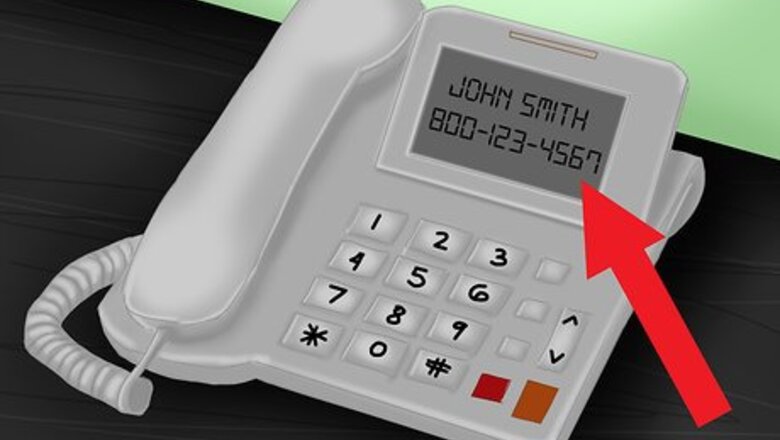
views
Stopping Specific Callers
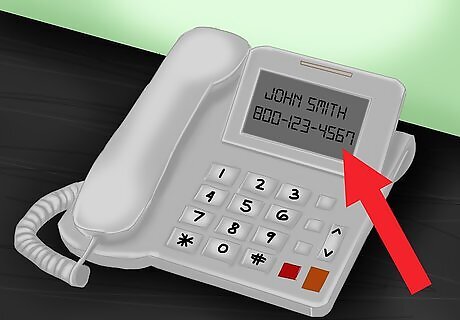
Use caller ID. You can identify the caller before picking up the phone and, if it is an unwanted call, hang up or let the call go to your messaging service.
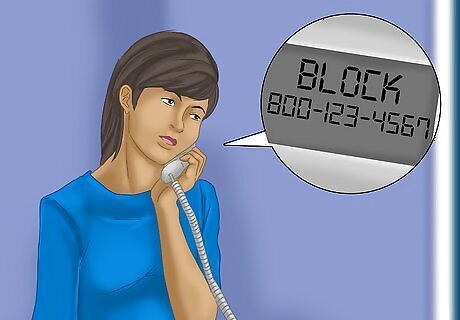
Block a phone number. Nearly all phone companies have ways in which you can block calls from specified numbers. With some companies, it can be done by entering a code and then typing the number to be blocked. Check with your telephone service provider to see their procedure.
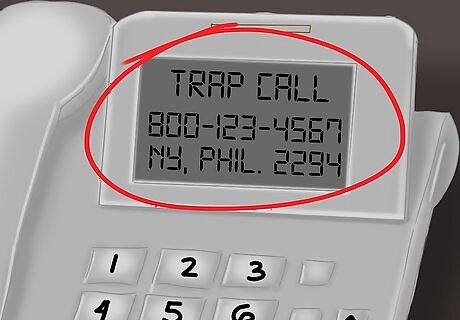
Set up a "trap". If you have a "trap" applied to your phone , incoming phone calls will be tracked back to their real destinations (not the fictitious tracking information that robocalls provide on caller ID) and can be blocked in the future. Trap lines are now offered by private companies and many telephone service providers.
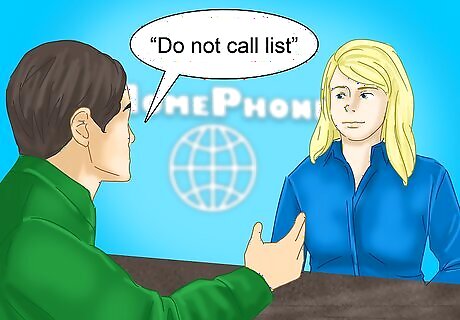
Ask to be put on a company Do Not Call list. While many people know of the national Do Not Call list, private companies are also mandated to remove anyone who asks from their call lists. As with the national Do Not Call registry, your request must be renewed every five years.

Contact your telephone company's Annoyance Desk. If your phone company has failed to protect you from unwanted calls so far, ask to be put in touch with their Annoyance Desk/Annoyance Department the next time you talk to one of their representatives. Most companies have a such special group, and usually they largely deals with harassing calls.
Minimizing All Incoming Phone Calls
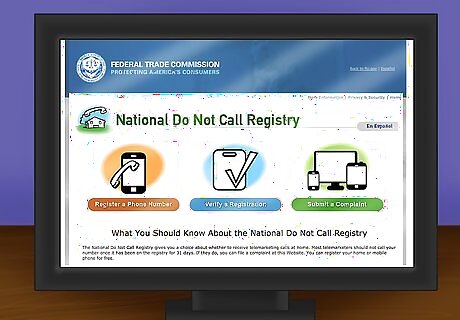
Register with the national Do Not Call registry. This does not stop businesses you have recent dealings with (including debts and collectors) from calling, nor does it stop not-for-profit organizations. However, if you are plagued by telemarketers, this will significantly reduce your calls. This project is headed by the federal trade commission and located online at www.donotcall.gov . State programs exist as well and you can often join them online too.

Get Anonymous Call Rejection from your telephone company. Most phone companies will now let you block all calls that do not display a caller ID number or come through as "Private." This will specifically remove a large number of telemarketing calls.
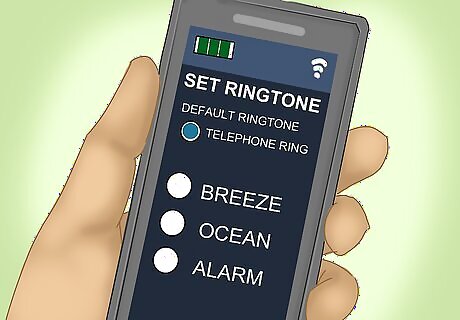
Designate a certain ring tone for all of your contacts. Some phones have a feature that will allow you to designate a special ring tone for any specific phone number that might call in. Select a different ring tone than your normal ringtone for their number and when you hear it, lift and lower the receiver quickly. This will keep you from having to speak to them. (or you can let the machine get it.)
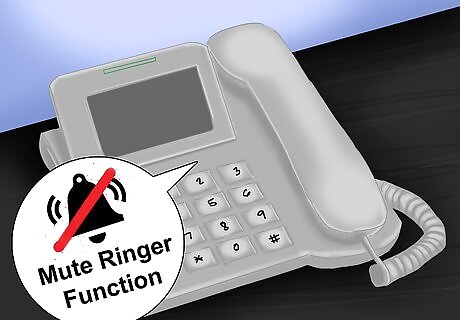
Purchase a phone with a mute ringer function. Alternatively, buy a phone made for hearing impaired that features a flashing light (and which can be muted) that alerts you to calls.
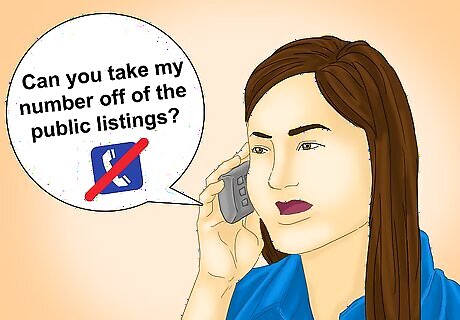
Take your number off of all public listings. Phone books are a bit out of date, but phone number listings still exist online, and companies capture as many of these as they can. You can tell your phone company that you no longer want your number publicly listed. It should instead be considered a non-published or private number, not even available through directory assistance.

Switch to cellular only. Obviously this is a last resort, but it can be highly effective. Most cell phones can be easily set up to block certain callers, and additional apps can be downloaded that will allow you to send all calls from outside your contacts list directly to voice mail. Best of all, the federal government bans all use of automated dialers (the devices used by the vast majority of telemarketing firms) to call cell phones.




















Comments
0 comment